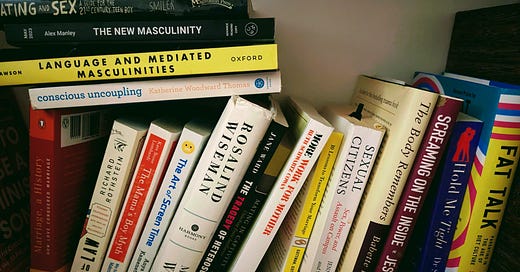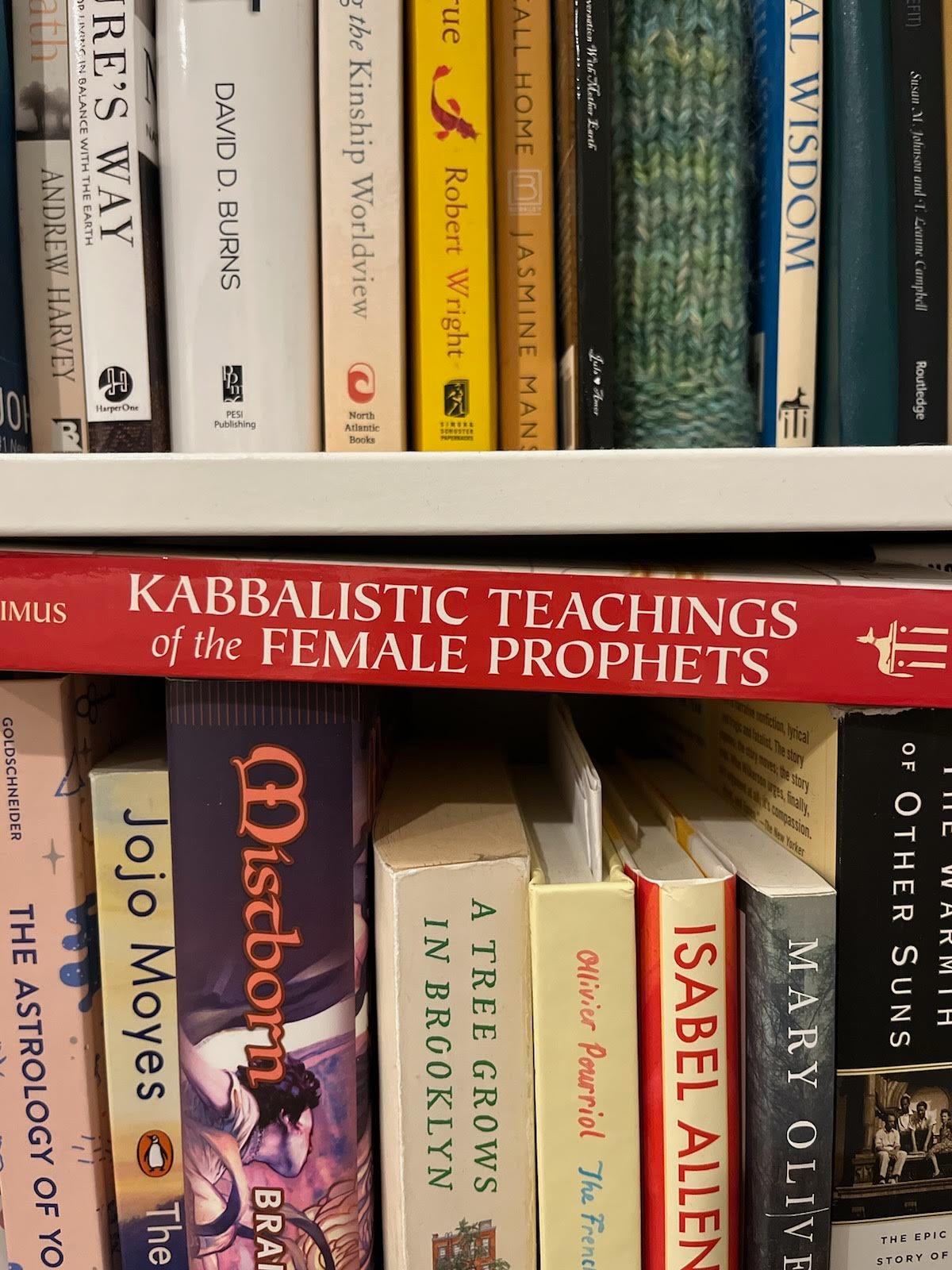Much to the chagrin of many of you, my cynic friends, I participated in an Instagram-based chain letter a few weeks ago.
You send a book to a stranger and hope to get a book from a totally different stranger. Like the chain letters of our childhoods, you have to pass it on in order for it to work for you.
I followed my friend Fisher’s instructions, copying and pasting the invite into my stories and sending my favorite book to a woman named Sara, the friend from whom Fisher initially received the invitation.
When my friends Katie and Joe asked to participate, I gave them the same instructions, and they each sent a book to Fisher; an Enneagram book from Katie and a biography of a Monty Python actor from Joe. They weren’t allowed to know anything about Fisher, so they just had to send something they liked.
Yes, it’s juvenile. Yes, it’s naive. But I think that’s the beauty of it.
In return, I received one book, Katie has gotten two, and Joe has gotten zero.
Joe and I discussed this worst-case scenario early on: that we’d send a book to a stranger and get nothing in return. We concluded that, as far as bad outcomes go, sending your favorite book to someone you don’t know is a pretty good one.
Both of the books Katie has received have been historical romances, books with long-haired women in Regency-era dresses looking out at an ocean or a forest or something like that. This is a good compliment to her bookshelves because she, like me, has stockpiled psychology, self-help, and social justice books as if some sort of global self-actualization crisis is about to occur and we want to be prepared for it.
When we both decided to try the chain letter, we agreed that neither of us needs more books, but that we see no reason to stop buying and borrowing them. The other night we wondered, via text, if this is hopeful or foolish on each of our parts.
I think we landed on “hopeful”.
When I look at my piles and stacks, or at photos of hers, I see pages of promises waiting to be fanned out on laps and folded over in our hands. Passages waiting to be underlined, held to the light, then photographed and texted to a friend or a sister: OMG READ THIS! or This rly hits home.
These books are like lottery tickets. Each one promises a path to a different life, a different way of seeing things.
You don’t buy the lottery ticket because you believe you’ll win $53,000,000. You buy it so you can lie in bed at night and dream about what it might feel like to write one check and pay off your entire mortgage — and maybe your parents’ mortgage, too.
You buy the ticket so you can dream, but it’s more than that. It’s almost an act of rebellion.
After all, we know we’re more likely to be killed by a falling coconut or struck by lightning than we are to win … but we also don’t stand beneath the coconut palms when the wind comes up or linger in an open field with an umbrella as the electrical storm rolls in.
Because sometimes lightning does strike, and where do you want to be when that happens?
And so we buy another ticket, buy another book. 150 or so pages of a dream sitting next to our beds, pages that let us believe we can be better, happier versions of ourselves: better parents, better partners, better with money or better with words. Or simply a ticket into someone else’s journey, fictional or not — a journey that leaves us feeling less alone.
Sometimes the dream is worth the cost of the ticket. Sometimes the dream is the ticket itself.
As grown-up as I want to be someday, I hope I never become so cynical that I miss the chance to win.








I love this, Joanna! Every time we read a book, yes it is a dream that we can learn something so valuable that it pivots our very existence. And every time we write, you and I, I know that it is our commitment to our readers, and to ourselves that they can dream a new dream into existence! Thank you so so much for this beautiful article
Oh the many promises and hopes and dreams that await me on my nightstand!!